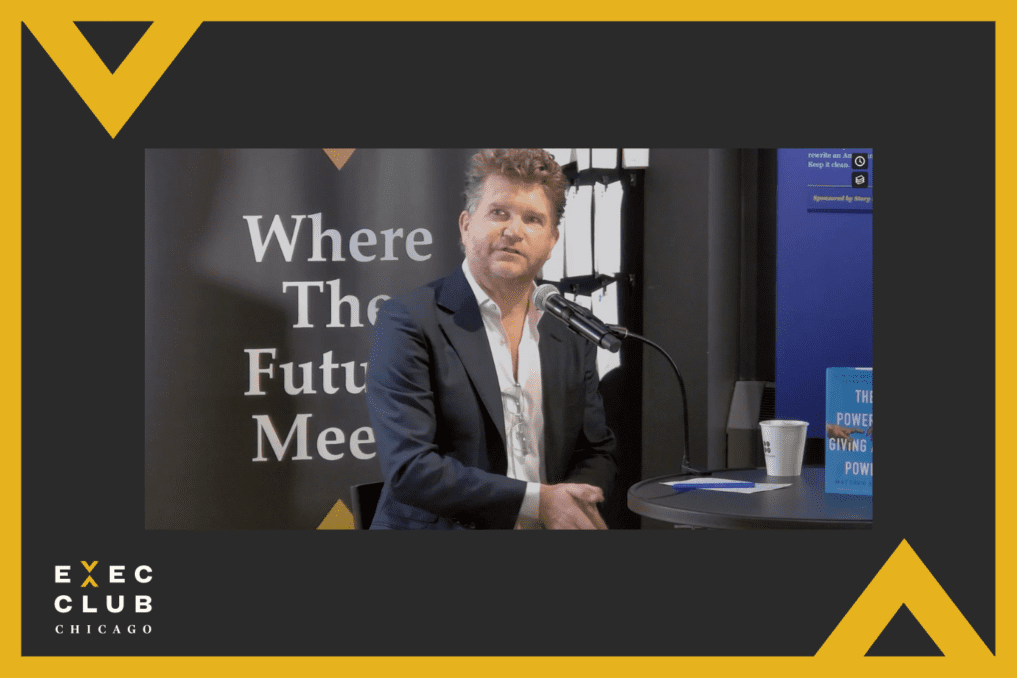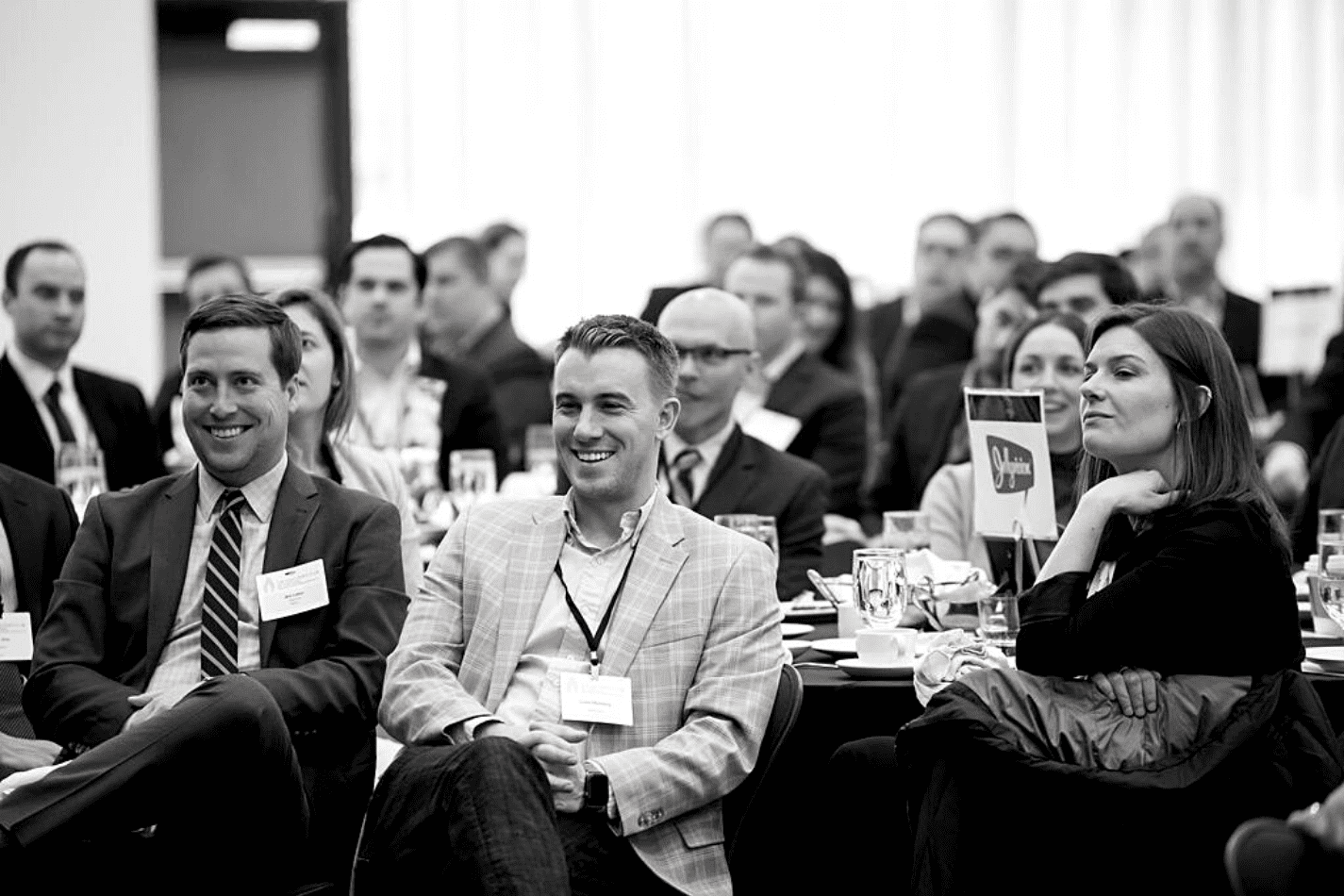“She said there’s four outcomes of a meeting and only one of them is worthwhile. Number 1, you try to win the meeting. Why would you have anyone else at the meeting if you already have your idea fully fleshed out? Number 2 is the opposite: Just acquiesce. You know, Matthew, Margaret, they seem super fired up, just let them have their way. That’s no good. You’re depriving the group of yourself. Number 3, and this is the trickiest, is compromise. …You only get part of what you wanted, nothing more. Number 4 is the only good reason we should ever get together virtually, or in person: To make something. Co-creation.”
—Matthew Barzun, Author and Former United States Ambassador to the United Kingdom




